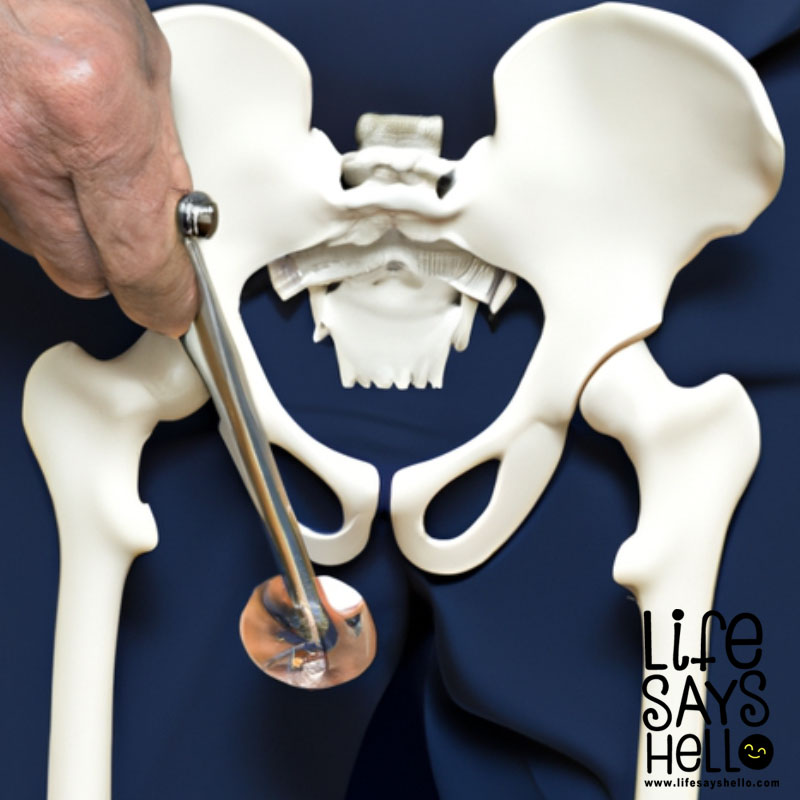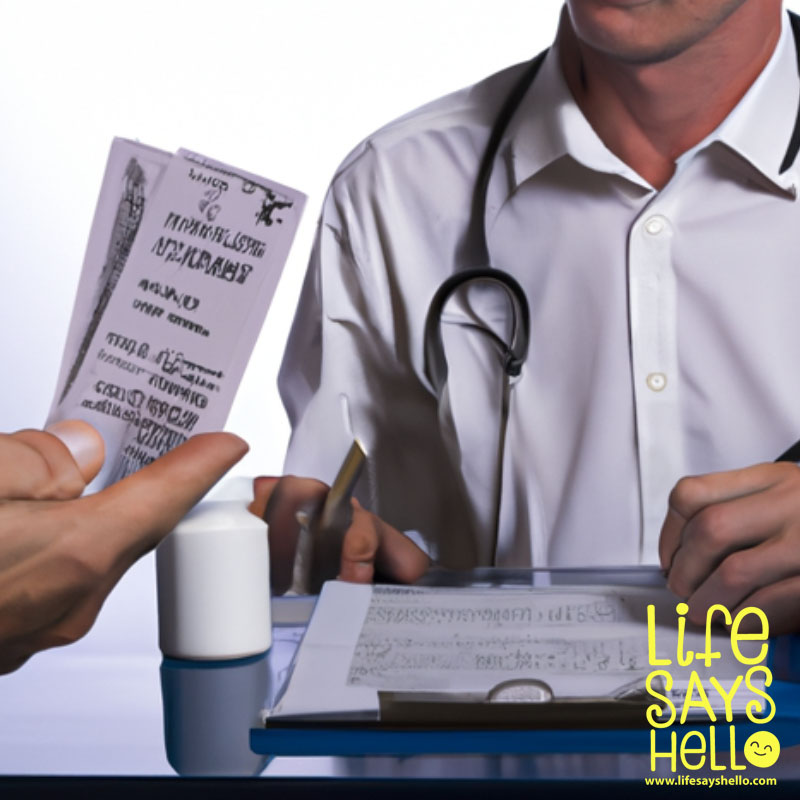Kids Emergency Dentist: A Parent's Guide to Recognizing & Handling Dental Emergencies

As a parent, ensuring your child's dental health is a top priority, but do you know when to seek a kids emergency dentist and how to handle dental emergencies? This comprehensive guide will help you recognize and manage common dental emergencies in children, ensuring their smiles stay bright and healthy.
Introduction
Dental care is essential for children, as it sets the foundation for a lifetime of healthy teeth and gums. While regular dental check-ups and proper oral hygiene practices can help prevent most dental issues, emergencies can still happen. Knowing when to seek a kids emergency dentist and how to handle dental emergencies is crucial for every parent.
In this comprehensive guide, we'll explore the common dental emergencies in children, when to seek professional help, how to handle these emergencies at home, and tips for preventing dental emergencies. By the end of this article, you'll be well-equipped to handle any dental emergency that comes your child's way.
Common Dental Emergencies in Children
Children, being active and curious, are prone to various dental emergencies. Here are some of the most common ones:
Toothache
Toothaches are a common complaint among children and can have several causes, including tooth decay, gum disease, or an injury. A toothache may manifest as a dull, throbbing pain or a sharp, shooting pain, and can sometimes be accompanied by swelling or fever.
Chipped or Broken Teeth
Children often chip or break their teeth while playing sports, falling, or biting on hard objects. A chipped tooth might not cause any pain, but a broken tooth can be quite painful and may expose the tooth's nerves, making it sensitive to temperature and pressure.
Knocked-Out Teeth
A knocked-out tooth is a dental emergency that requires immediate attention. This can happen due to a fall, a sports injury, or an accident. The chances of saving the tooth are higher if you act quickly and seek professional help.
Dental Abscess or Infection
A dental abscess is a pus-filled pocket that forms around the root of a tooth due to a bacterial infection. It can cause severe pain, swelling, fever, and a bad taste in the mouth. If left untreated, the infection can spread to other parts of the body and cause serious complications.
Orthodontic Emergencies
Orthodontic emergencies can occur when braces or other orthodontic appliances become damaged or cause discomfort. Examples include broken braces, loose brackets, protruding wires, or ill-fitting retainers.
Soft Tissue Injuries
Soft tissue injuries, such as a bitten tongue or lip, can cause bleeding, pain, and swelling. These injuries can occur while eating, playing sports, or during an accident.
When to Seek a Kids Emergency Dentist
It's essential to recognize the signs and symptoms that warrant immediate dental attention. Here are some instances when you should seek a kids emergency dentist:
- Severe toothache that doesn't subside with over-the-counter pain relievers
- Chipped or broken teeth with sharp edges that may cause further injury
- A knocked-out tooth, especially if it's a permanent tooth
- Signs of a dental abscess or infection, such as severe pain, swelling, fever, or a foul taste in the mouth
- Orthodontic emergencies that cause severe pain or discomfort
- Soft tissue injuries that don't stop bleeding after applying pressure for 15 minutes
Delaying treatment for dental emergencies can lead to complications, such as infection, tooth loss, or the need for more extensive treatment.
How to Handle Dental Emergencies at Home
While it's crucial to seek professional help as soon as possible, there are some first-aid measures you can take at home to alleviate pain and prevent further damage:
Toothache
- Rinse your child's mouth with warm salt water to help reduce inflammation and relieve pain
- Apply a cold compress to the cheek or jaw to reduce swelling
- Give your child an over-the-counter pain reliever, such as ibuprofen or acetaminophen, as directed
Chipped or Broken Teeth
- Rinse your child's mouth with warm water to clean the area
- Apply a cold compress to the cheek or jaw to reduce swelling
- If possible, save any broken tooth fragments and bring them to the dentist
Knocked-Out Teeth
- Handle the tooth by the crown, not the root, to avoid damaging the delicate tissues
- If the tooth is dirty, gently rinse it with water, but do not scrub or remove any attached tissue
- Try to reinsert the tooth into its socket, ensuring it's facing the correct way. If this isn't possible, store the tooth in a small container of milk or a special tooth preservation solution
- Seek emergency dental care immediately
Dental Abscess or Infection
- Rinse your child's mouth with warm salt water to help reduce inflammation and relieve pain
- Give your child an over-the-counter pain reliever, such as ibuprofen or acetaminophen, as directed
- Seek emergency dental care immediately
Orthodontic Emergencies
- Use orthodontic wax or a cotton ball to cover any sharp edges or protruding wires that may cause injury
- If a wire is causing severe discomfort and you can't get to the dentist right away, you can try to carefully clip the wire with nail clippers or small wire cutters
- Schedule an appointment with your child's orthodontist as soon as possible
Soft Tissue Injuries
- Rinse your child's mouth with warm salt water to help clean the wound and reduce inflammation
- Apply pressure to the injured area with a clean cloth or gauze for 15 minutes to stop bleeding
- If bleeding doesn't stop after 15 minutes of continuous pressure, seek emergency dental care
Preventing Dental Emergencies in Children
While not all dental emergencies can be prevented, there are steps you can take to reduce the risk:
- Encourage good oral hygiene practices, such as brushing twice a day, flossing daily, and using fluoride toothpaste
- Schedule regular dental check-ups for your child to catch and treat potential issues early
- Have your child wear a mouthguard during sports activities to protect their teeth and gums
- Teach your child not to use their teeth as tools, such as opening bottles or tearing packages
Finding a Kids Emergency Dentist
To ensure you're prepared for any dental emergency, it's essential to have a reliable and experienced kids emergency dentist in your area. Here are some tips for finding one:
- Ask your child's regular dentist for recommendations or if they offer emergency services
- Consult with friends, family, or online reviews to find a reputable emergency dentist
- Look for a dental practice that specializes in pediatric dentistry, as they'll be more experienced in handling children's dental emergencies
- Have the emergency dentist's contact information readily available, so you can quickly call them when needed
Conclusion
Being prepared for dental emergencies is an essential aspect of maintaining your child's dental health. By recognizing the signs of a dental emergency and knowing when to seek professional help, you can ensure your child receives the proper care they need. Remember to prioritize your child's dental health and incorporate preventive measures to reduce the risk of emergencies. With the right knowledge and preparation, you can help your child maintain a healthy and beautiful smile for years to come.




Comments